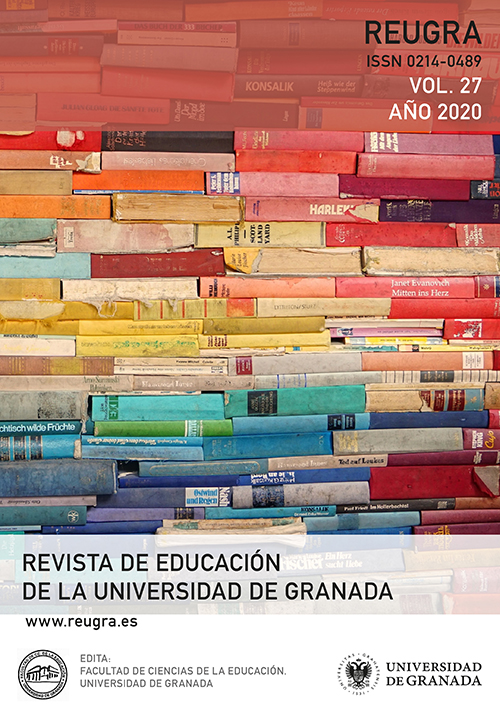Sociocultural error analysis and treatment through virtual worlds
Main Article Content
Abstract
Considering the development of new technologies applied to education and the growing demand of learning Spanish in a variety of locations all over the world, the increase in the importance of e-learning is imminent. Nevertheless, the awareness of the sociocultural aspects of a country is produced, to a large extent, when being physically present in it. For these reasons, this work describes a research into how the use of attractive and motivating resources which are adapted to the new generations of learners, such as virtual worlds, can have a positive impact on the development of sociocultural elements in everyday situations without being in the Spanish-speaking country itself. To achieve this goal, interaction in different communicative events has been proposed to the learner both through role-playing in the classroom and linguistic immersion as a methodology to implement her knowledge of the language in a three-dimensional virtual environment that resembles real life. These conversations have been analyzed later through categories, both pragmatic and proposed by the Curricula plan of the Cervantes Institute (2006).



